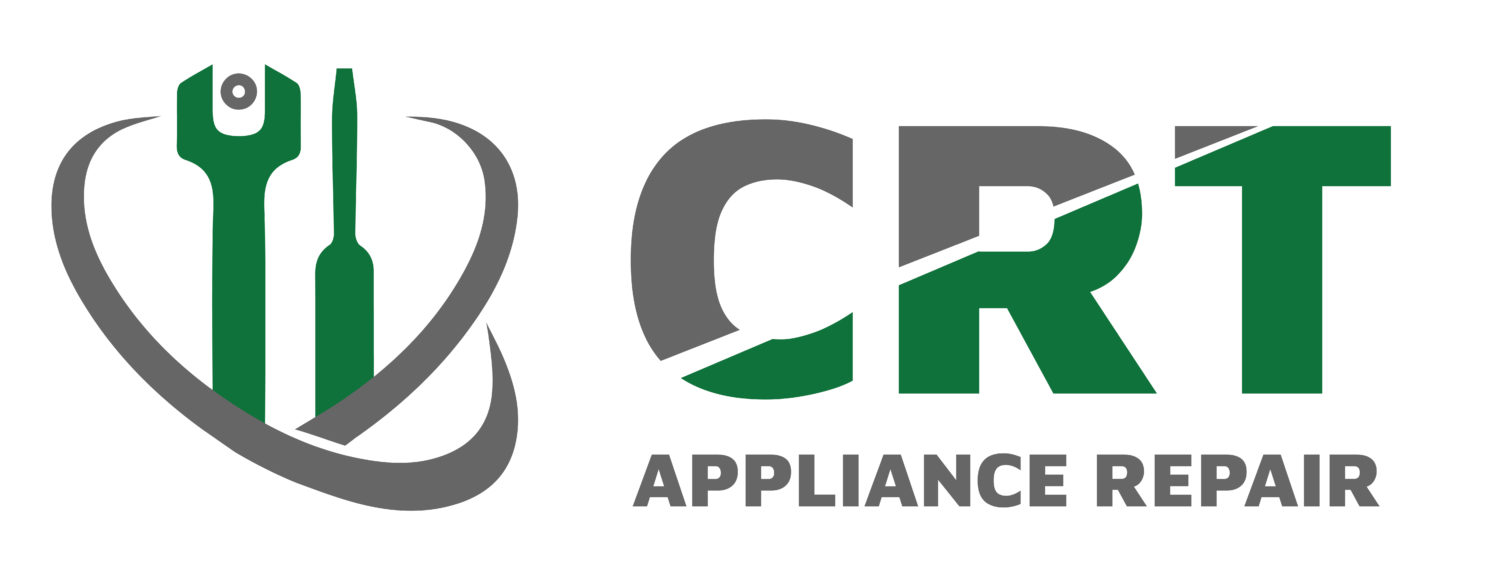Appliance Safety Tips
The appliances inside a house often make your life less stressful, but if you use household appliances the wrong way, they might create significant health risks. You should maintain appliances and ensure that they won’t become hazards by adhering to these helpful home appliance safety suggestions from CRT Appliance Repair.
The professional tips in this post will help to prevent fires and injuries related to broken home appliances. However, hazards might still occur. In the event an appliance has problems or begins to malfunction and becomes a danger, hire a appliance repair Middletown.
Install GFCI Outlets in Wet Locations
Laundry rooms, kitchens, bathrooms, basements, outdoor areas and garages are all susceptible to dampness or dripping water. As you well know, electricity and water don’t go together, so power cords and wires should always be plugged into GFCI outlets.
This prevents electrocution by tripping the circuit if any imbalances in power arise.
If you don’t have GFCI outlets installed in wet rooms inside and around your home, now is the time to install them or call an electrician in Middletown. Once that is done, for additional safety measures, follow the warnings of certain appliance manuals that note that they are not meant for outdoor use.
Wires, Outlets & Electronics Far Away From Wet Areas
Some home appliances are specifically manufactured for the outdoors, such as gas and charcoal grills. If you make us of any electrical appliances outdoors – including refrigerators, dishwashers, freezers and ice makers, electric tools and more – be sure that all plugs and outlets are dry. Using weatherproof electronics can help, as do GFCI outlets with gaskets that are water-tight.
Extension Cords are a Temporary Solution
An extension cord poses several noticeable risks, including:
The likelihood of loose connections that might cause sparks and a fire.
The chance of power fluctuations that can ruin the appliance.
Increased vulnerability to water penetration that might lead to electrocution.
The potential for wires overheating and becoming a fire hazard when an inadequate extension cord is used for a high-power appliance.
When determining an extension cord for limited-time use, make sure it is the correct gauge for the electrical tool in question. The lower the gauge, the bigger the cord size. For instance, a household extension cord for a lamp might have a 16-gauge wire whereas a heavy-duty cord for a AC unit uses a 12-gauge wire.
The length is also a factor. The longer the extension cord is, the more electricity is used up enroute, this is referred to as voltage drop. Short extension cords are recommended for electric tools and similar equipment.
Be Sure to Read the Manual for Any Type of Appliance You Purchase
It’s simple to assume that you know how to use a brand new washing machine or dishwasher without consulting the manual, but consulting the manufacturer instructions is necessary for several reasons:
You will want to find out if your home’s wiring is enough to power the new appliance. You may need to install a new circuit to prevent overloading your current ones.
You learn more about advanced features you might not otherwise have known about.
You discover whether the appliance is intended for outdoor areas or not.
You don’t have the frustration that can come from trying to operate a home appliance with no instructions!
Unplug Small Appliances in Your Home When Not Being Used
You can reduce unnecessary energy usage by unplugging them when you aren’t operating them. The reason is small appliances often include LED lights, clocks and other energy-draining features standby mode.
Unplug monitors, televisions, printers, modems, internet routers, game consoles, smart phone chargers and more to reduce unnecessary energy usage. Just remember, it’s OK to keep DVRs and similar devices plugged in to prevent missing out on their automatic background features.
For additional tips on ways to use home appliances safely, or to schedule a local appliance repair company, please contact CRT Appliance Repair. We can fix all name brand household appliances!
OTHER RESOURCES:
Appliance Repair Cost
DIY Appliance Repair Tips
Repair or Replace Appliances
Refrigerator Parts
Home Services Campaign Disclaimer: This site is a free service to assist homeowners in connecting with local service providers. All contractors/providers are independent and this site does not warrant or guarantee any work performed. It is the responsibility of the homeowner to verify that the hired contractor furnishes the necessary license and insurance required for the work being performed. All persons depicted in a photo or video are actors or models and not contractors listed on this site.
Copyright ©2026 CRT Middletown Appliance Repair
